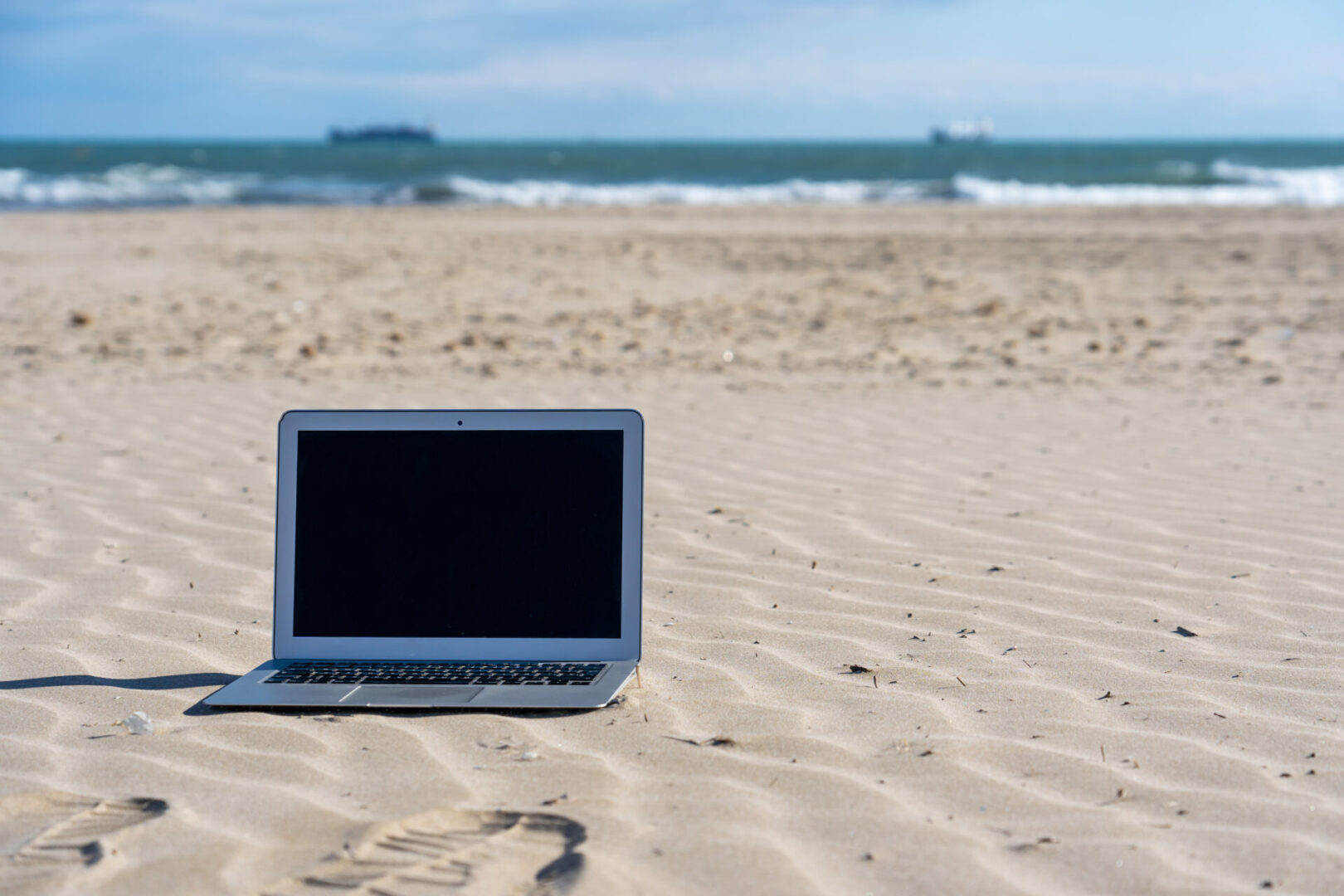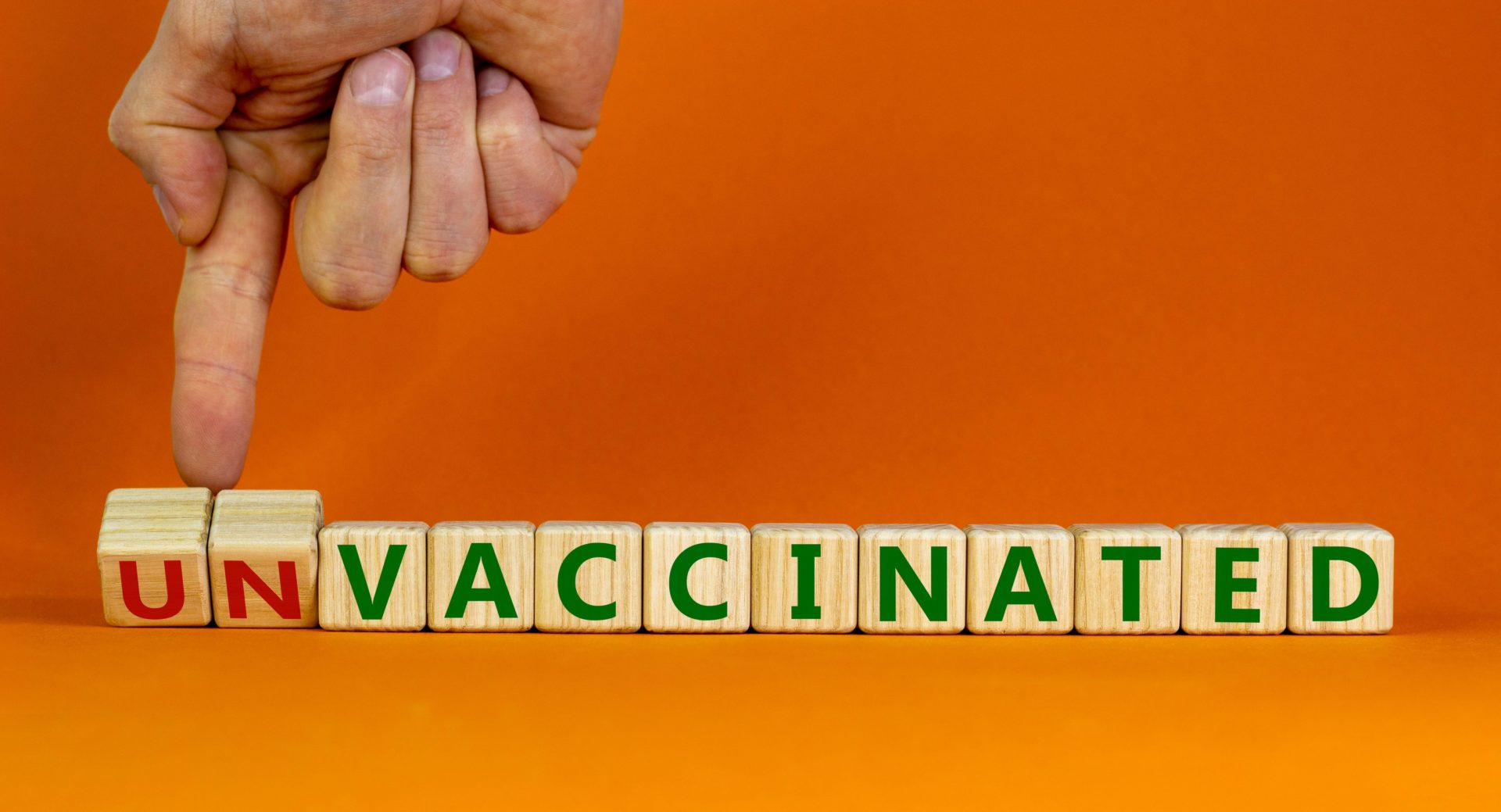You may have heard over the past couple of days, companies such as Morrisons, Ikea and Next announcing their decisions to amend their sick pay policies to prevent unvaccinated employees who need to isolate, from receiving enhanced sick pay.
This must not be mistaken with Statutory Sick Pay (SSP). All employees will still receive SSP as a basic statutory minimum entitlement, this cannot be withdrawn. It is the enhanced sick pay which some companies choose to pay in addition to SSP that they are now considering withdrawing for unvaccinated employees.
During the pandemic the SSP rules changed, allowing employees who are unable to work due to having to self-isolate as they had been in close contact with someone with a positive COVID-19 test result to be able to claim SSP, even though they were not unwell themselves. The rules also changed to allow employees who were self-isolating to claim SSP from day 1 (usually there is a 3 day waiting period and SSP is only paid from day 4 onwards). This has not changed – you are still entitled to SSP from the first day you are isolating, regardless of whether you are isolating because you are personally unwell or whether you are isolating because you have been in contact with someone who has COVID-19.
The companies that have introduced these new sick pay rules have also only made them applicable to unvaccinated workers who have to self-isolate because they have been in close contact with a positive case. Anyone who tests positive for COVID-19 will still receive enhanced sick pay, regardless of their vaccination status.
But what are the legalities of making such changes to sick pay policies? Firstly, unvaccinated individuals are put at an immediate disadvantage and their vaccination status could be due to a protected characteristic under the Equality Act 2010. Employees may be unvaccinated because of their religion/belief or due to a medical exemption (meaning they fall within a protected characteristic for example disability). If the reason they are unvaccinated is linked to a protected characteristic, excluding them from the enhanced sick pay benefit could be discriminatory.
It is also worth considering if making such changes would encourage employees to hide their vaccination status and/or not take time off work sick if they know they won’t receive full sick pay? What would this mean from a health and safety perspective, if unvaccinated employees who had been in close contact with a positive COVID-19 case were not self-isolating and continuing to attend work as they could not afford to lose the enhanced sick pay benefit that their vaccinated colleagues in the same situation will receive?
What are your thoughts? Are you thinking about amending your sick pay policy and making it a ‘two-tier’ policy for the vaccinated and the unvaccinated? (If ‘yes’) have you considered the potential risks involved in doing this? Have you checked to see if your Sick Pay policy is contractual, is it as easy as you think to just change it? Have you thought about potentially creating a cultural divide between your vaccinated and unvaccinated employees by implementing such changes?
There are lots of things to consider. If you are thinking of amending your Sick Pay Policy, get in touch to discuss it with one of our HR or Legal experts.


